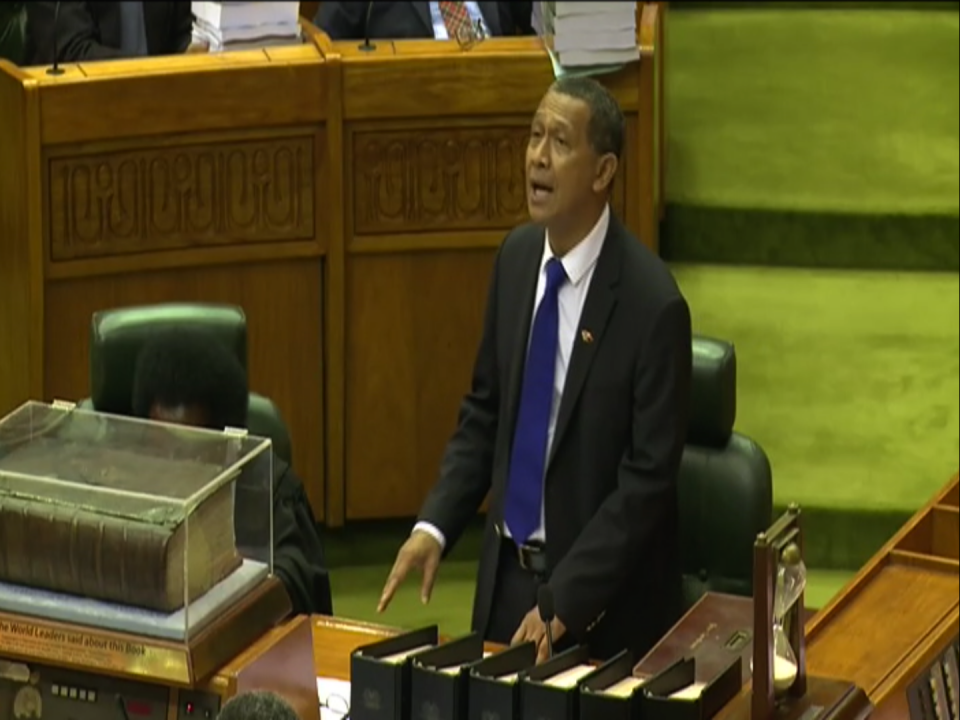Papua New Guinea may need to review its economic outlook for the medium term as global economies contend with the wide-ranging impacts of the Coronavirus.
While Papua New Guineans have been debating over the preparedness of the health system and bracing for possible outbreak, the economic burden brought on by the global pandemic could further cripple efforts to contain the spread of the disease.
The corona virus pandemic took up just four paragraphs of Treasurer, Ian Ling-Stuckey’s speech in November when the government passed the 18 billion kina budget. Ling-Stuckey also urged Papua New Guineans not to panic.
“…The impacts on confidence are likely to be more significant than the actual direct economic impacts. Second, there will be an adverse impact in China, and this will flow through to other countries.”
The latter part of his statement is already becoming a reality.
Most analysts from global financial institutions have downgraded China’s GDP growth rate from 5.9% to 5.6%. Pressure on global markets rose with the Australian dollar dropping against the US dollar.
As a small economy in region, the impacts are being felt in pockets across various sectors. However, this is expected to become more pronounced as the Chinese economy continues to slow down.
Heavy industry imports out of China have been delayed by two months. Staff from one Papua New Guinea based drilling contractor said the machine parts they ordered aren’t expected to arrive until May. Parents are being told that school uniform orders have also been delayed “due to the coronavirus.”
While the Papua New Guinea Government is yet to quantify the impacts on the tourism industry, passengers have reported a marked drop in the number of travelers on inbound Air Niugini flights from Singapore – the main transit port for international travelers coming to Papua New Guinea.
Agriculture exports are also expected to take a hit from the global crisis.
In February, on an oversupply of Arabica coffee bags in the global market which saw prices plunge. The dip in coffee global consumption due to the closure of cafes and restaurants will see a further drop in coffee export prices over the coming months.
Lower prices will mean lower incomes Papua New Guinean coffee growing families. Similar results are also expected to be seen in cocoa growing provinces.
By Scott Waide, EMTV News, Lae


